Searching for New Brunswick's Black history
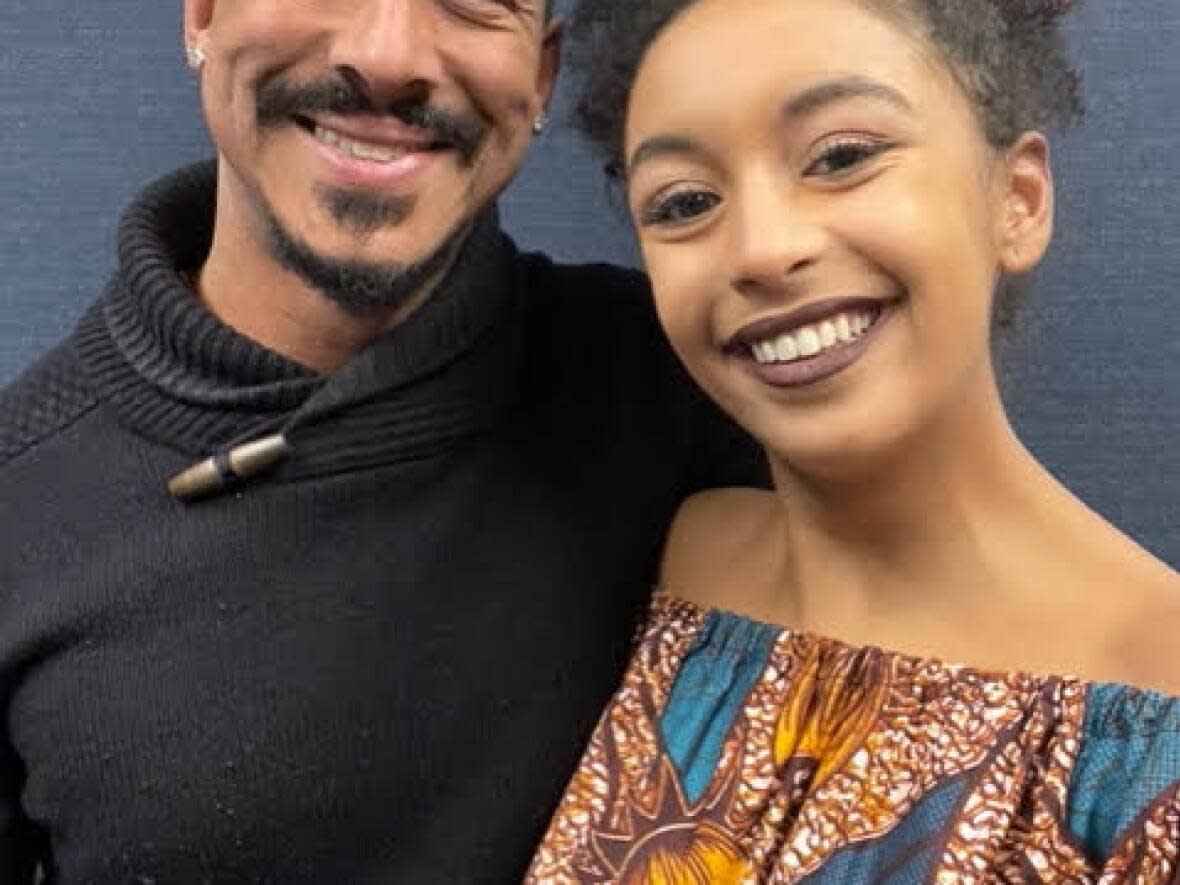
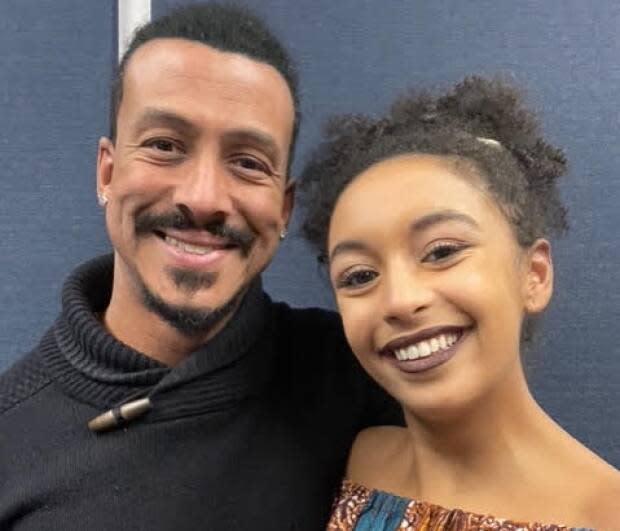
Learning how much you don't know about your home can be startling, as New Brunswick podcasters Hillary LeBlanc and Clinton Davis found when they accessed the Provincial Archives in search of New Brunswick's Black history.
LeBlanc grew up in Moncton and said that if it wasn't for podcasting with Davis, she would only know a fraction of what she does now about Black history in this province.
She remembers learning the stories of historic Americans such as Martin Luther King Jr. and Rosa Parks, but nothing about Nova Scotia civil rights activist Viola Desmond until she was put on the Canadian $10 bill.
Archivist Meredith Batt gave LeBlanc a copy of the book, The Blacks in New Brunswick by Dr. William A. Spray, and that changed everything.
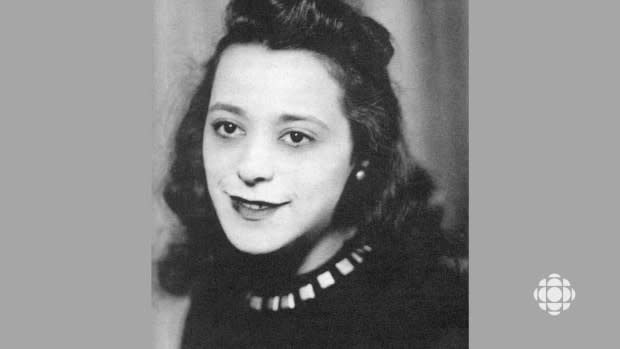
"I owe my education to a white friend who works in archives," said LeBlanc, speaking to Information Morning Moncton. "And not even, you know, our education system, which I'm laughing at, but it's a little sad."
Davis grew up in Toronto and moved to New Brunswick in 2009, but was also surprised by how little he knew of Black people in N.B.
"Hillary and I have combed over, I think, probably hundreds of little entries, little bits of data regarding Black history in New Brunswick," he said. "But I didn't know a lot about this story. And as we dug deeper, it really gets interesting."
LeBlanc and Davis are co-founders and hosts of the podcast Blacklantic, and they shared some of their most interesting Black history finds.
Loyal is not enough
According to a University of New Brunswick web page on Black Loyalists, they were some of the first Black settlers in New Brunswick. They arrived following a promise of land grants from the British crown following the American Revolutionary War in 1783.
Black Loyalists were met immediately with discrimination, according to Davis.
They were sometimes given access to land but not ownership, he said, or were given undesirable land far from existing settlements.
"They were oppressed," said Davis. "And in a lot of cases, these Black free people had to go back into indentured servitude just to survive."
Davis explained that the focus on the Underground Railroad in history classes can paint Canadian communities as welcoming saviours, but that image doesn't hold up on closer inspection.
As some Black Loyalists struggled to get what they were promised by the British colonial government, some decided to move on to other colonies entirely.
LeBlanc said that in 1792, a group of more than 1,000 Black settlers left the Maritimes from Halifax Harbour to settle in Sierra Leone, a British colony.
"They would rather leave New Brunswick and Nova Scotia and go to an African country that they know nothing about," said LeBlanc, "because they are being so heavily racially profiled here."
Multi-year teacher search
Segregated schools are also a part of New Brunswick history.
Startling letters from the Provincial Archives of New Brunswick show a years-long appeal to the New Brunswick government in the early 1900s to hire a teacher for one of the Black schools in the community of Otnabog near Gagetown, now known as Elm Hill.
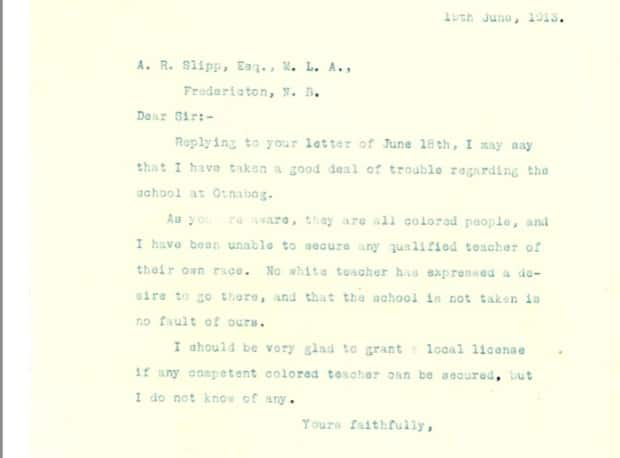
"These kids have absolutely no education," said LeBlanc, of the children and youth referred to in the letters.
"No one is there. And various members of the Black Community urge for a Black teacher to be hired so that the school can be reopened. Several people are suggested throughout these letters — they all are denied for various reasons.
Davis, himself a parent, said it's an emotional topic to even think about.
"I'm putting myself in the shoes of these Black people in New Brunswick in the early 1900s," he said. "Who … want their kids to go to school and do want their kids to get ahead, and just being met with such resistance from white parents who just hate their children and don't want them involved in their education."
Black history is New Brunswick history
Black historian and elder Mary Louise McCarthy Brandt studies the stories of her ancestors, and the segregation that happened to Black families in life and death. She says her mission is to tell the stories of her ancestors and rejoice in their lives, and that ultimately Black history is history for everyone in New Brunswick.
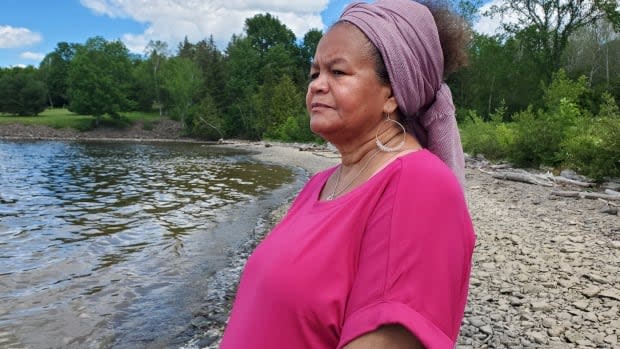
"We work hard to be at the table so that we can tell our stories and we can be consulted so that we can, you know tell our history," said McCarthy Brandt.
She pointed out that for much of history, historians and archivists didn't look like her.
"Our history is to be shared and to be rejoiced," she said. "We come from a family of people who were enslaved, but our minds were not."
Davis underlines the importance of Black history, adding the stories are not meant to push guilt or blame on the people alive today, but to explain current patterns of generational trauma, wealth gaps and racism.
"I just hope New Brunswickers take away a sense of just like with the residential schools, knowing the truth, knowing the truth about this country that we live in," said Davis. "I remain a proud Canadian but it's important for history to be recorded accurately."
For more stories about the experiences of Black Canadians — from anti-Black racism to success stories within the Black community — check out Being Black in Canada, a CBC project Black Canadians can be proud of. You can read more stories here.



